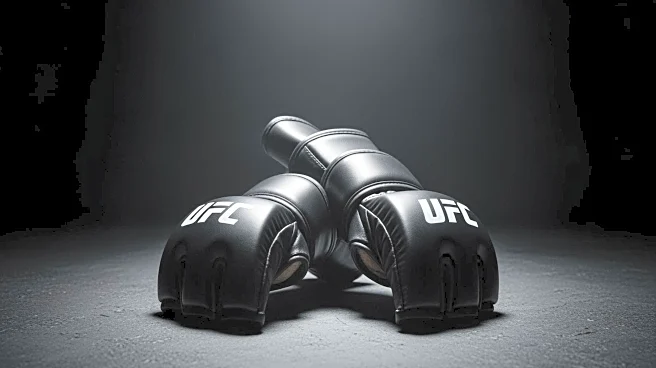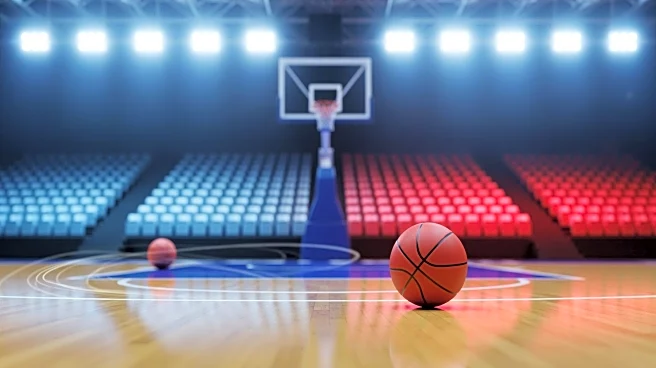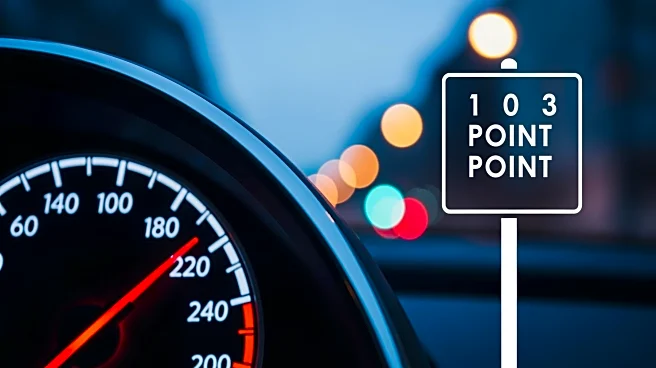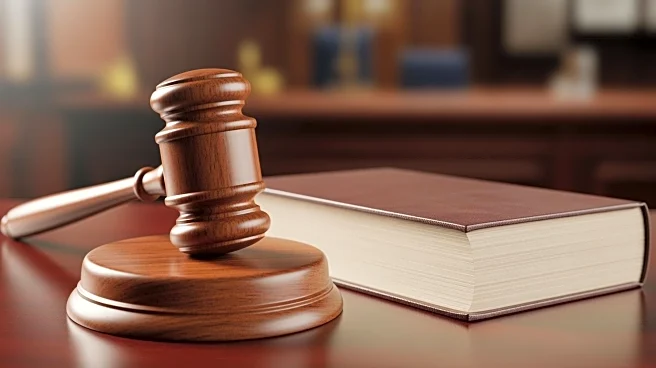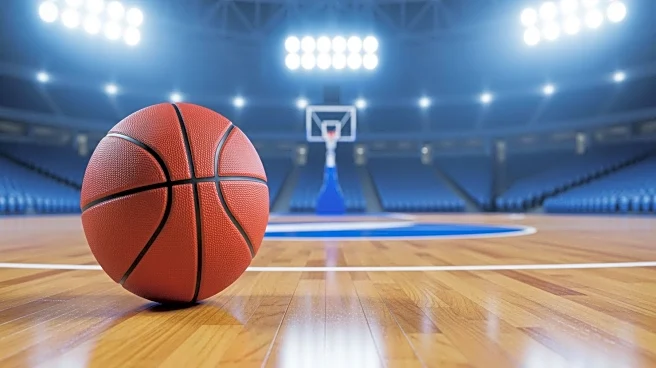What's Happening?
Former UFC double champion Henry Cejudo has labeled UFC 321 as the worst card in the promotion's history following a disastrous main event. The event, held in Abu Dhabi, featured a heavyweight title fight between Tom Aspinall and Ciryl Gane. The fight ended
abruptly in the first round due to a severe eye poke suffered by Aspinall, leading to a no contest decision. Aspinall was unable to continue after the incident, which left him unable to see out of his right eye. He was subsequently transported to a hospital for further examination. Cejudo, who was present at the event, expressed his frustration, drawing parallels to his own experience with eye pokes in the Octagon. He criticized the UFC for poor decisions and judging throughout the card, stating that the event was a significant disappointment.
Why It's Important?
The criticism from Henry Cejudo highlights ongoing issues within the UFC regarding fighter safety and event management. Eye pokes have been a persistent problem in mixed martial arts, prompting discussions about equipment design and rule enforcement. The incident at UFC 321 underscores the need for improved protective measures to prevent such injuries. The negative reception of the event could impact the UFC's reputation and influence future decisions regarding fight card organization and safety protocols. Stakeholders, including fighters, promoters, and fans, may push for changes to enhance the safety and quality of events, potentially leading to innovations in equipment and stricter regulations.
What's Next?
Following the incident, the UFC may face pressure to address the issue of eye pokes more effectively. This could involve revisiting glove designs or implementing stricter penalties for fouls. The organization might also consider rescheduling the fight between Aspinall and Gane, which could involve logistical challenges and financial implications. The UFC's response to Cejudo's criticism and the public's reaction will likely influence future event planning and safety measures. Additionally, Aspinall's recovery and potential return to the Octagon will be closely monitored, affecting the heavyweight division's dynamics.
Beyond the Headlines
The incident at UFC 321 raises broader questions about fighter welfare and the ethical responsibilities of sports organizations. The UFC's handling of eye poke incidents and its commitment to athlete safety could have long-term implications for its public image and regulatory practices. The event may also spark discussions about the balance between entertainment value and fighter protection, influencing cultural perceptions of combat sports.
